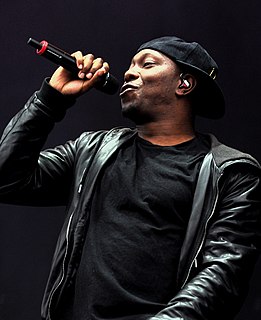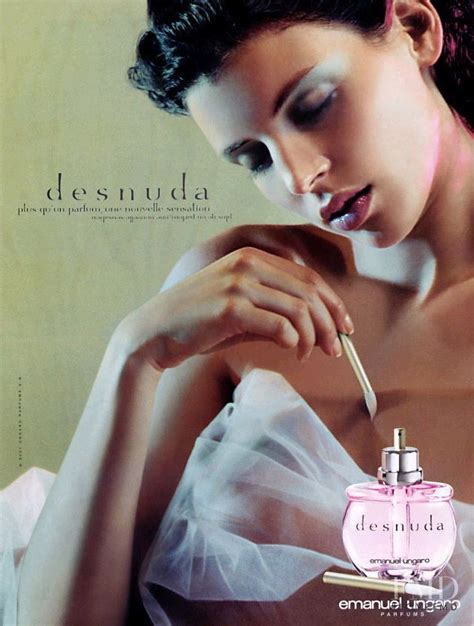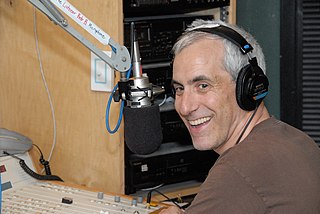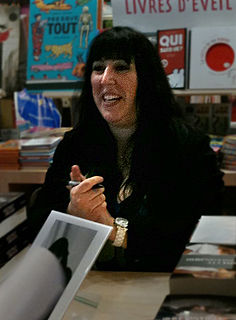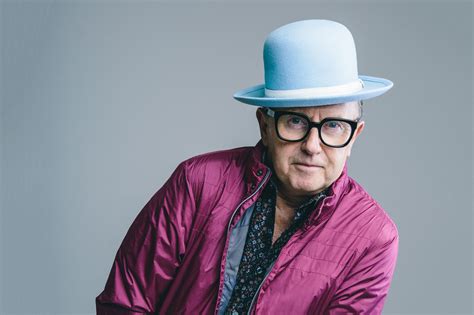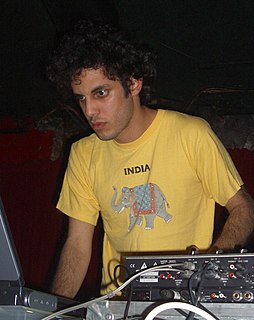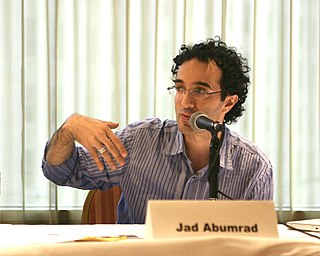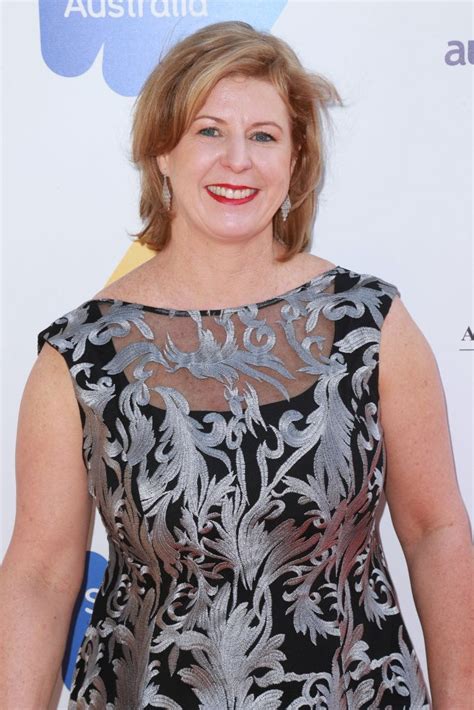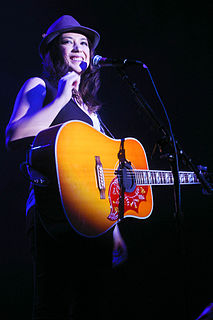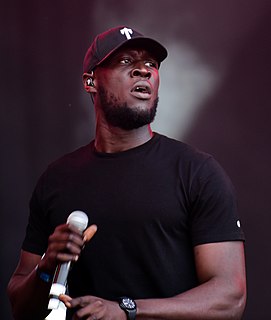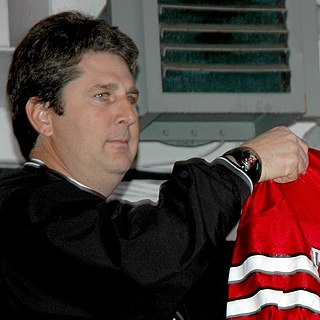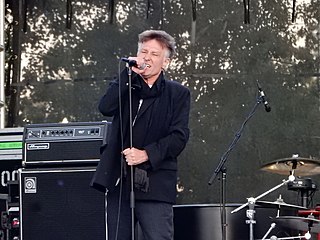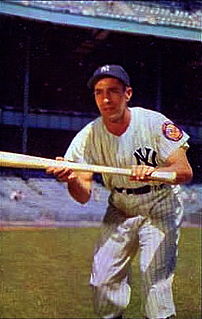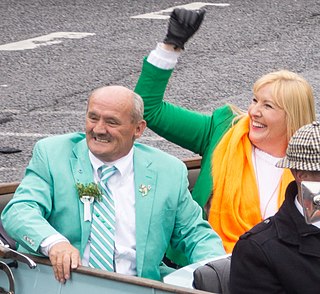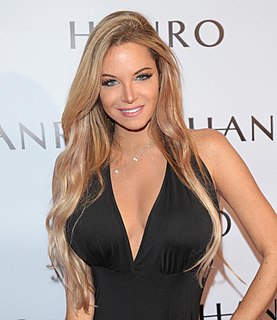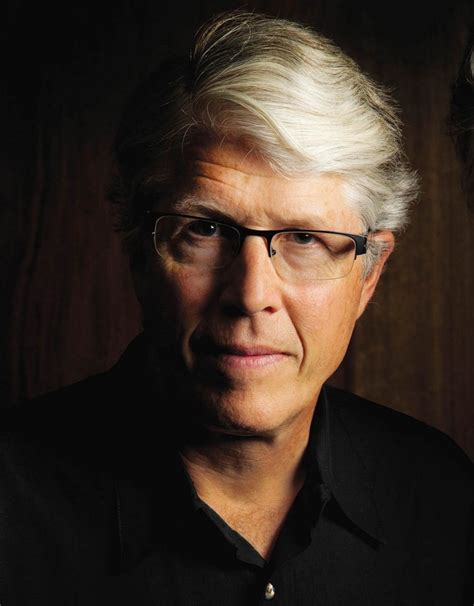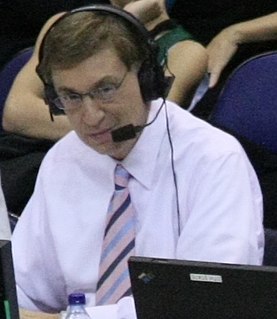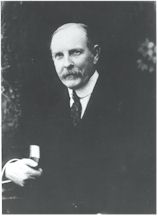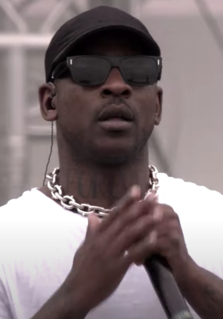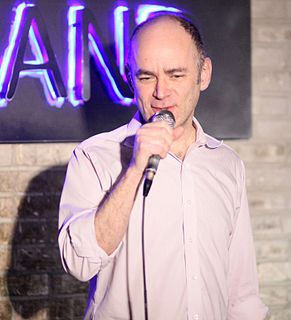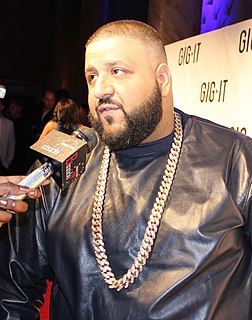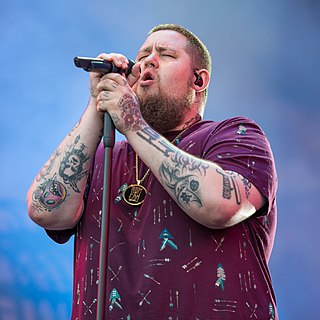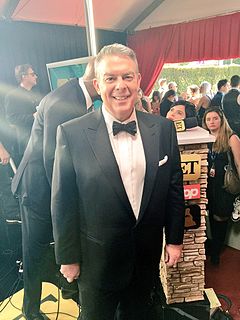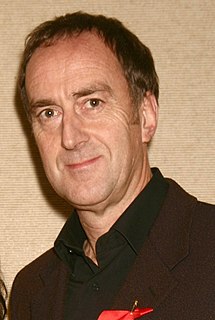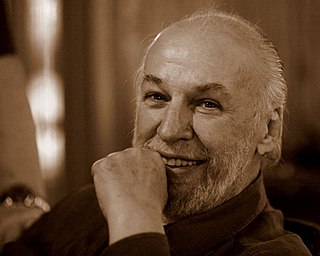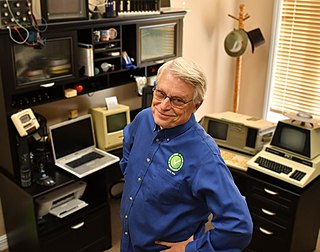Top 1200 Pirate Radio Quotes & Sayings
Explore popular Pirate Radio quotes.
Last updated on November 8, 2024.
Even a woman who has the soul of a pirate, at least pirate morals, even a woman who prefer loneliness to the bickerings and constraints of heterosexual marriage, even such a woman who is a freak in our society needs a home... The only characteristic freaks share is our knowledge that we don't fit in.
I wrote 'Turn Your Radio On' in 1937, and it was published in 1938. At this time radio was relatively new to the rural people, especially gospel music programs. I had become alert to the necessity of creating song titles, themes, and plots, and frequently people would call me and say, 'Turn your radio on, Albert, they're singing one of your songs on such-and-such a station.' It finally dawned on me to use their quote, 'Turn your radio on,' as a theme for a religious originated song, and this was the beginning of 'Turn Your Radio On' as we know it.
A red traffic light loomed, and Cecilia slammed her foot on the brake. The fact that Polly no longer wanted a pirate party was breathtakingly insignificant in comparison to that poor man (thirty!) crashing to the ground for the freedom that Cecilia took for granted, but right now, she couldn’t pause to honor his memory, because a last-minute change of party theme was unacceptable. That’s what happened when you had freedom. You lost your mind over a pirate party.
College radio is a very important medium that needs to survive in difficult economic times when some stations are being sold off and shut down. College radio is the future for broadcasting stars and pioneers of tomorrow, and we as a band, Coldplay, support the vital mission of college radio and we also support College Radio Day, the day when college radio comes together.
Pirate Captain Jim "Walk the plank," says Pirate Jim "But Captain Jim, I cannot swim." "Then you must steer us through the gale." "But Captain Jim, I cannot sail." "Then down with the galley slaves you go." "But Captain Jim, I cannot row." "Then you must be the pirate's clerk." "But Captain Jim, I cannot work.
Pirate Hunters is a fantastic book, an utterly engrossing and satisfying read. It tells the story of the hunt for the rare wreck of a pirate ship, which had been captained by one of the most remarkable pirates in history. This is a real-life Treasure Island, complete with swashbuckling, half-crazy treasure hunters and vivid Caribbean settings-a story for the ages.
I started DJing soundclashes. I used to go to Jamaica a lot. I was like a hip-hop sound boy, where I took the dancehall culture and mixed it up with the hip-hop as well. I kept going, going, and I got real hot in the streets of Miami - you know, doing pirate radio - then ended up doing 99 Jamz, the big station out there.
Listen- my relationship with radio on a personal level is nothing but a one way love-a-thon... I love radio, I grew up on radio. That's where I heard Buddy Holly, that's where I heard Chuck Berry. I couldn't believe it the first time I heard one of my records on the radio, and I STILL love hearing anything I'm involved with on radio, and some of my best friends were from radio. But we were on different sides of that argument, there's no question about that.
I can tell you as a fact that if you'd asked anyone in Hollywood one year before 'Pirates of the Caribbean' had come out, they'd have told you the pirate movie was a dead genre. And it's not that it's a dead genre. If you make a bad pirate movie, no one will want to see it. If you make a good one, everyone will want to see it.


